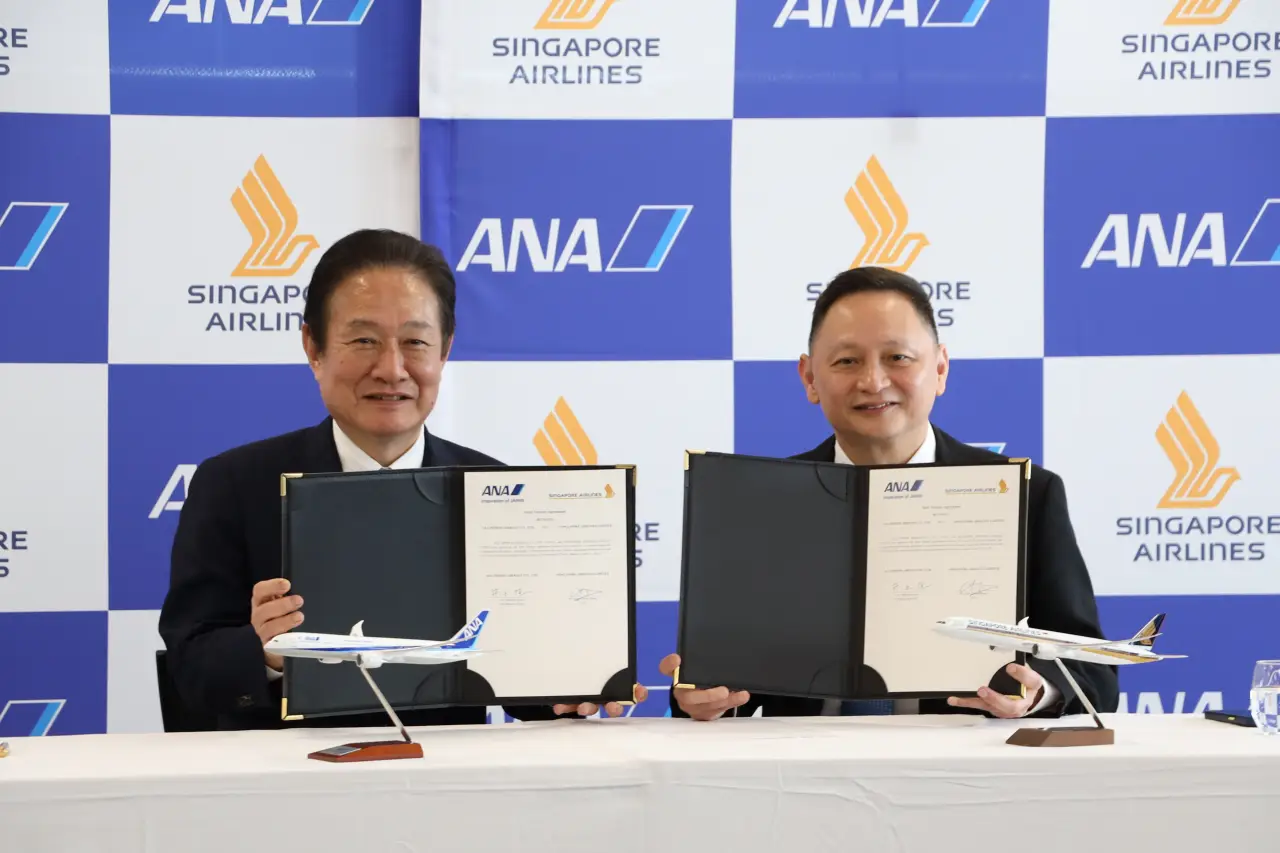The global residence and citizenship advisory firm Henley & Partners will host two multi-stakeholder panels at Davos that bring together heads and ministers of several governments and leading academics and industry experts, including the Prime Minister of Antigua & Barbuda, the Finance Minister of Malta, and the Chairman of the Investment Migration Council.
The first discussion will be co-hosted with Ledgerstate, a group of blockchain and decentralizing technology experts who identify innovative, secure and efficient solutions for organizations. ‘Global Citizenship, Blockchain, and Digital Government’ will explore how digital technologies are transforming governments and citizenship, as well as the need for global citizens and their societies to create a sustainable legacy of greater sovereignty and cooperation.
The second panel will focus on ‘Investment Migration: Sovereign Equity versus Sovereign Debt’ and examine how governments can create economic freedom and security by harnessing investment migration options. It will explore the global shared responsibility to define a new world order, break the shackles of systemic debt burdens, and enable new opportunities for growth.
Taking part in two key panels around the annual gathering in Davos, Dr. Christian H. Kälin, Group Chairman of Henley & Partners says that the impact of migration on geopolitical affairs cannot be overstated. “Migration is both a cause and a consequence of almost every issue of global importance, and it will only become more central in years to come, as globalization deepens even further and its effects entrench themselves.”
Unprecedented Displacement due to Climate Change
One of the key issues on the Davos agenda will be the threat climate change poses to socio-economic development. According to the 2019 Henley Passport Index and Global Mobility Report, published by Henley & Partners, reveals that at least 25 million people worldwide have already been displaced by climate change.
Commenting in the report, Prof. Rosemary Lyster, Professor of Climate and Environmental Law at Sydney University and Director of the Australian Centre for Climate and Environmental Law, says the World Economic Forum’s Global Risks Report 2018 has already warned that seven of the top nine global risks are likely to be influenced by climate change. “This means that the number of climate-displaced people worldwide is likely to increase to 2 billion by 2050, if global temperatures continue to rise.”
Democracy, Global Mobility, and the Great Divide
Another central issue to be discussed by world leaders in Davos is the need to overhaul current thinking on globalization, its proliferating effects, and the imbalances it has created, issues covered by the report in its discussion of the positive and significant impact that travel freedom has on economic growth and democracy.
In new research conducted for the report using historical data from the Henley Passport Index, political science researchers Ugur Altundal and Ömer Zarpli, from Syracuse University and the University of Pittsburgh, found a direct and positive correlation between a country’s passport power and its democracy score. “We found that the number of visa-free destinations held by a county has a positive and statistically significant effect on that country’s democracy score. Similarly, there is a strong correlation between visa liberalization and economic growth and job creation. It’s clear that despite the important progress we have made in overall global mobility, there remains a significant ‘global mobility divide’, with some passports much more powerful than others.”
According to the Henley Passport Index, in 2018 the average European could travel to about 163 destinations without a visa, while the average individual from Africa could travel to only about 61 destinations. Commenting in the report, Dr. Parag Khanna, Founder and Managing Partner of FutureMap and also one of the panelists at the Henley & Partners events in Davos, says world leaders need to develop coordinated and pragmatic migration policies. “We live in a world where all major issues including migration have become, by definition, cross-border. Geopolitical tensions will not be resolved by competing approaches working at cross purposes.”
Wealth and Talent Migration: Expanding Horizons and the Impact of Brexit
In his analysis of wealth migration trends in the report, Henley & Partners Chairman Dr. Kälin points out that there is ample evidence that the migration of wealth around the world continues to accelerate, as high-net-worth-individuals seek enhanced business and lifestyle opportunities in other nations. “China, India, and Turkey have seen the biggest outflows of high-net-worth-individuals in recent years, while Australia, the US, and Canada remain most attractive for wealthy individuals and their families.”
In other key trends, there has also been a noticeable increase in appetite among wealthy individuals in both Europe and the US for access to residence- and citizenship-by-investment programs in other countries. These trends and patterns have had markedly positive benefits for all parties involved. As Dr. Kälin points out, “Nearly half of the 17 countries that saw the biggest percentage increases in wealth from 2016 to 2017 were assisted by inflows of wealthy people.”
On the other hand, the looming prospect of Brexit has had an impact that stands in stark contrast to these positive global developments. Commenting in the report, Dr. Simone Bertoli, Professor of Economics at Université Clermont Auvergne (CERDI) and a Research Fellow at the Institute of Labor Economics, says the future status of EU nationals in the UK is still unclear, and the attractiveness of this destination for talented individuals could substantially deteriorate. “Net migration flows from the EU to the UK have plummeted over the past two years. However, while highly educated and highly skilled individuals may feel pushed out of traditional migration destinations, they are receiving a very warm welcome in other parts of world, such as China, where economic and career opportunities might one day even eclipse those offered by countries such as the UK and US.”
Dr. Kälin says the agenda set for Davos shows that migration is an increasingly decisive issue shaping world affairs at every conceivable level. “Migration-related issues dominate the global conversation, while many states develop pragmatic migration policies in response to ever-expanding globalization, and world leaders resolve to address the unique challenges presented by a rapidly changing world.”













